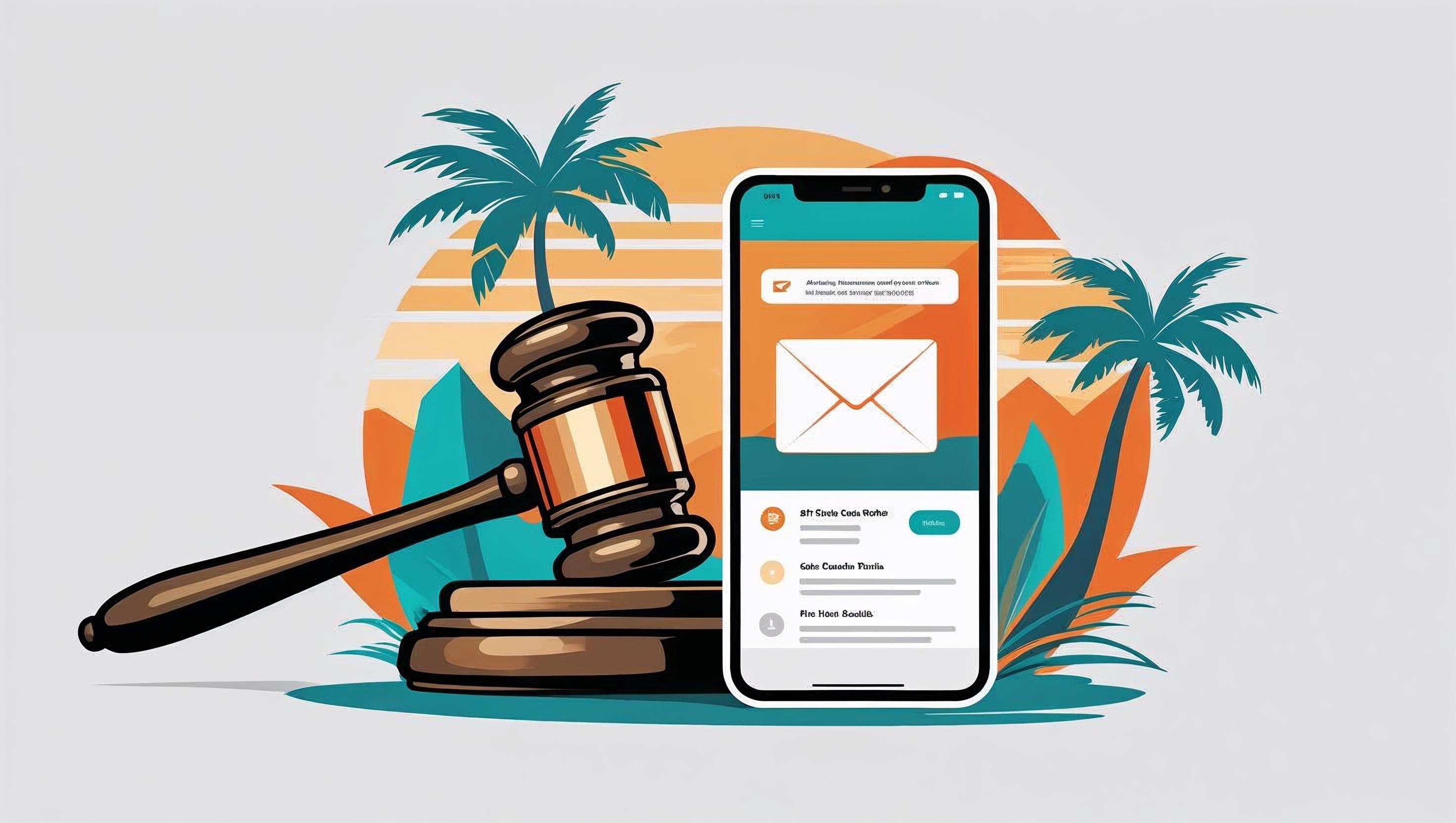Effective July 1, 2025 – Florida’s House Bill 615 creates a new section of the landlord‑tenant statute (Section 83.505) that lets landlords and tenants send legally required notices by email once both sides agree. This change modernizes a system that previously relied on certified mail or a knock on the door and aims to speed up communication. Our legal resources for landlords
How the Law Works
Written consent is required – Neither side can be forced to accept email notices. The landlord and tenant must sign an addendum to their lease that includes valid email addresses. The agreement must clearly state that email notice is voluntary and can be revoked at any time.
What counts as delivered – Once a notice is emailed, it’s considered delivered when sent—unless the email bounces back. Tenants should check spam folders; if an email is missed, the notice still counts.
Record‑keeping – Landlords must keep copies of sent emails and proof they were sent. It’s wise to use a dedicated email account and save all correspondence.
Still optional – The new law adds email as another option. Traditional methods (hand delivery, posting, certified mail) remain valid. Eviction lawsuits and court documents still have to be served through the usual legal process.
Types of Notices That Can Be Emailed
After the addendum is signed, landlords can send many common legal notices by email, including:
Pay or quit notices for unpaid rent
Lease violation notices
Non‑renewal or termination notices
Entry notices to enter the rental unit
Rent‑increase notices and other changes to lease terms
Certain notices might still require paper delivery depending on local rules.
Benefits of Going Digital
Faster communication – Email notices arrive instantly, cutting delays that come with mail.
Lower costs – Landlords save on printing and postage, and tenants don’t have to wait for a letter.
Better documentation – Digital records make it easier to track notices and resolve disputes.
Potential Drawbacks
Internet access and spam – Not every tenant has reliable internet. Spam filters can hide important messages.
Understanding the agreement – Tenants must clearly understand that email delivery counts as legal notice.
Missed emails – If you ignore your inbox, you could miss deadlines for paying rent or contesting a security‑deposit claim; the clock still starts when the email is sent.
What to Do Next
Update your leases – If you want to use email notices, draft a lease addendum that follows the statutory format and includes both parties’ email addresses.
Educate tenants – Explain what types of notices will be emailed and how to opt out or revoke consent.
Keep good records – Save every email notice and any proof of delivery. If an email bounces, immediately use another delivery method.
Stay flexible – Even with the new law, consider sending critical notices (like non‑renewal) by multiple methods to avoid disputes.
HB 615 reflects the digital age in which Florida’s rental market operates. With proper consent and record‑keeping, email can make landlord‑tenant communication faster and more reliable. However, both parties should understand their rights and responsibilities, and nothing in the new statute replaces the need for careful compliance with all legal notice requirements.



